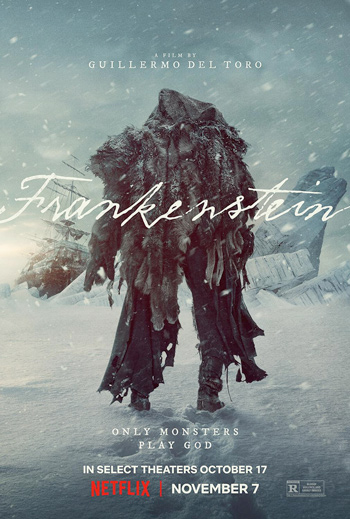 Guillermo del Toro’s lifelong infatuation with monsters saturates his filmography, and with his adaptation of Frankenstein, the director fulfills a lifelong dream that he simultaneously hoped and feared would come true since he first saw James Whale’s iconic adaptation of Mary Shelley’s epic and deeply influential novel as a child.
Guillermo del Toro’s lifelong infatuation with monsters saturates his filmography, and with his adaptation of Frankenstein, the director fulfills a lifelong dream that he simultaneously hoped and feared would come true since he first saw James Whale’s iconic adaptation of Mary Shelley’s epic and deeply influential novel as a child.
Having been adapted for screens both big and small many times over specifically, as well as serving as the inspiration for endless characters and narratives in general, del Toro approaches Shelley’s work with a traditional structure and setting for the story, imbuing it with wistful adoration and melancholy, which results in the most ambitious adaption since Kenneth Branagh’s operatically bloated attempt in 1994.
Oscar Isaac’s portrayal of Victor Frankenstein is brooding and intense without going into actual mad scientist territory, making Victor both alluring and repugnant as he suffers at the hands of his own whims and failings as both a scientist and a human being.
Mia Goth embodies Elizabeth with subtle but determined integrity, brimming with an otherworldly essence that makes her interest in both Victor and his creature equally believable, the innocence and kindness of her character portrayed with a depth that does not come at the cost of her intellectuality, all the while emphasizing the inherent tragedy of her character arc.
Jacob Elordi is a revelation as the creature, the fact that he was a replacement bordering on baffling, as it is difficult to see anyone else in the role after witnessing his gentle portrayal of the character, the delicate tragedy and abundant humanity he weaves into his performance becoming the reanimated heart of the film, making his turn as the creature a memorable and moving one.
Dan Laustsen’s cinematography creates a world that is grandiose and haunting, drawing parallels to another del Toro effort, namely 2015’s Crimson Peak, which also had Laustsen behind the lens.
Kate Hawley’s costume design is ethereal and decadent, something that is also mirrored in Tamara Deverell’s production design, providing the film’s visual style with details every bit as lavish as one would expect from a team of creatives enabled by del Toro.
It would be out of character for the Mexican filmmaker to shy away from gore, and it is portrayed with an attention to anatomical detail that should delight a certain subset of horror fans, however, it is not near gruesome enough to make the film inaccessible for more casual viewers.
While the film is confident in its pacing, it does, however, at times linger too long on individual set pieces, which speaks as much to del Toro’s concerns about adapting Shelley’s novel as it underlines how challenging is to adapt the novel; the visual aspects are remarkable, but the narrative gears that grind beneath the surface exhibit signs of fatigue.
A well-realized and evocative adaptation, del Toro’s Frankenstein is perhaps the most worthwhile adaptation since the classic monsters switched to color, however, it is not without its problems, leaving the production at times feeling as hampered by its source material as it is empowered by how lovingly the filmmakers are trying to retell it, but these issues do not detract from the film ultimately being both a haunting dream and a beautiful nightmare.
Verdict: 8 out 10.




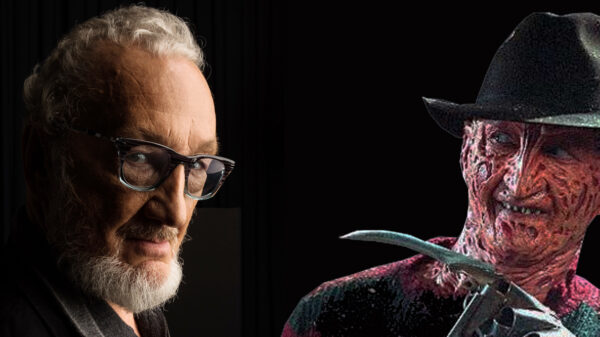

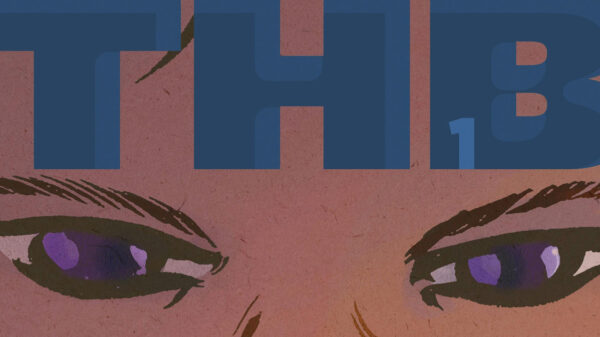

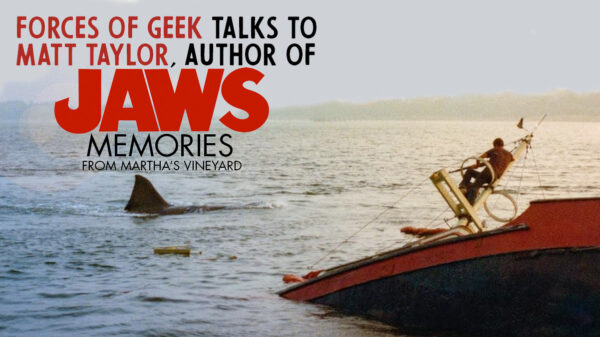
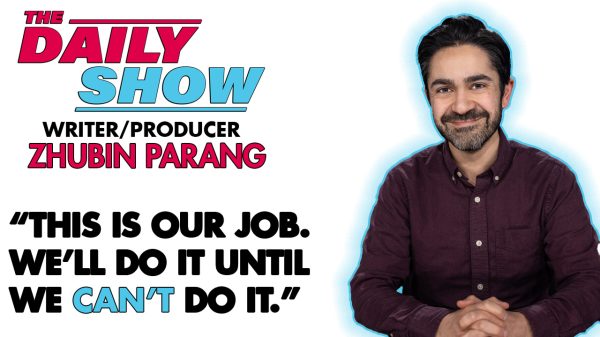
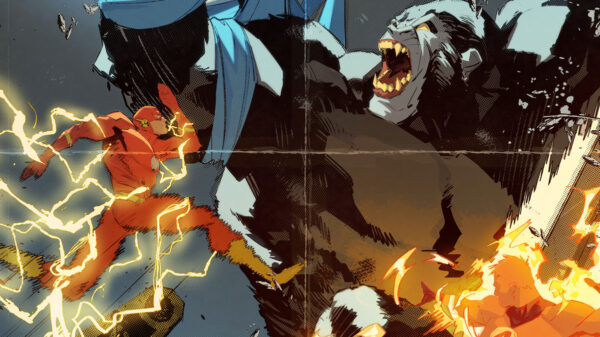
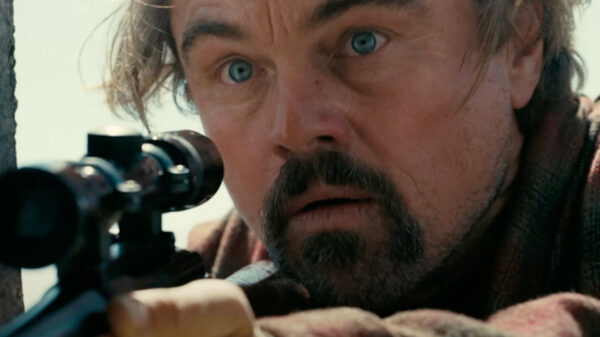









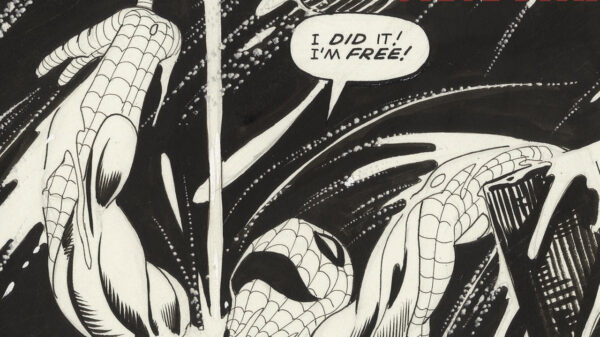


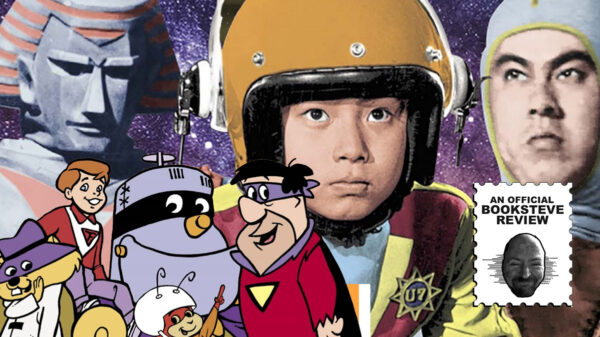


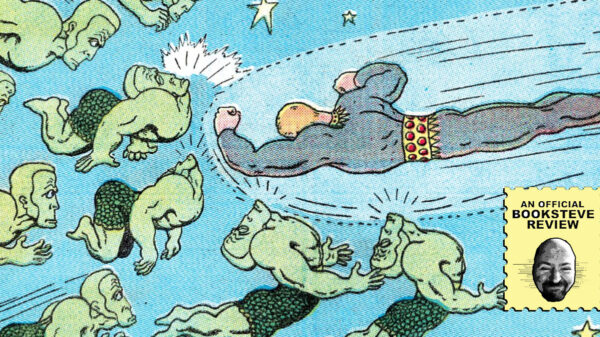
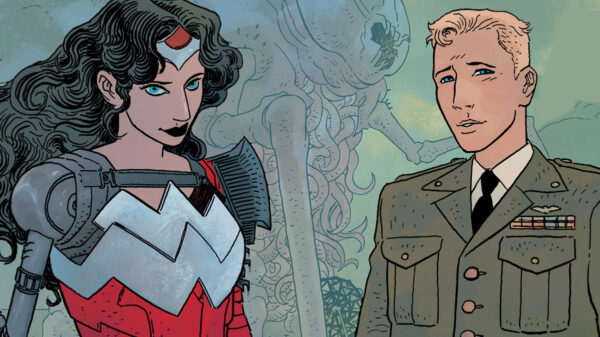









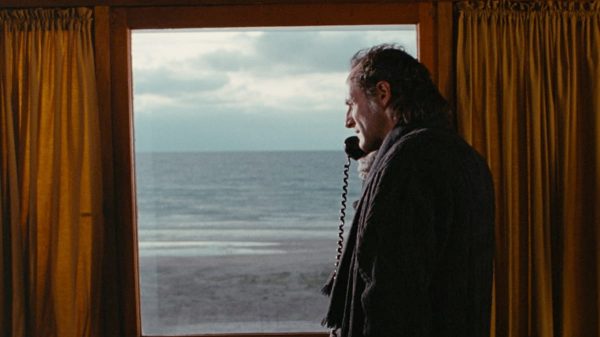
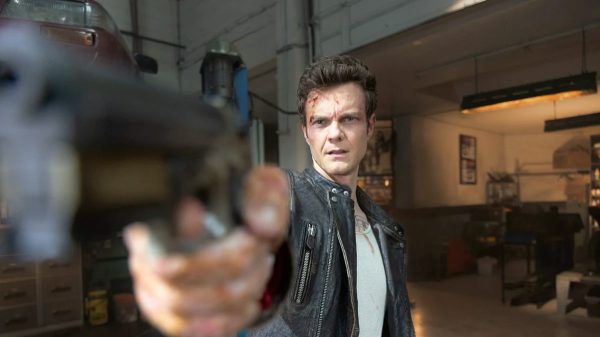
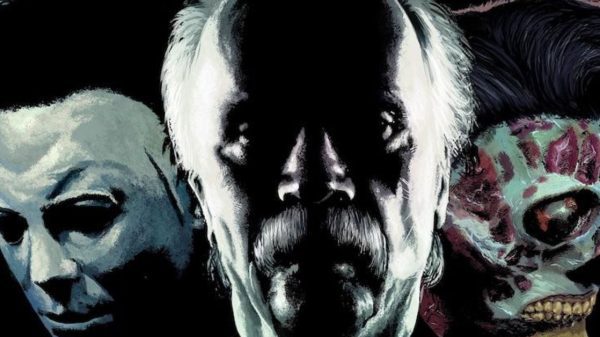
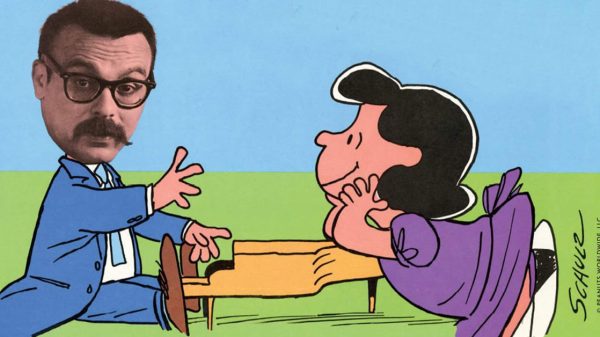
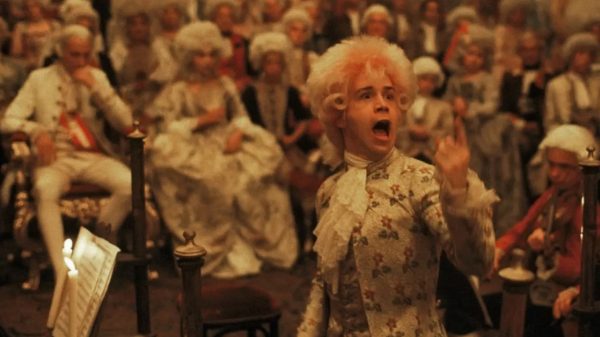







































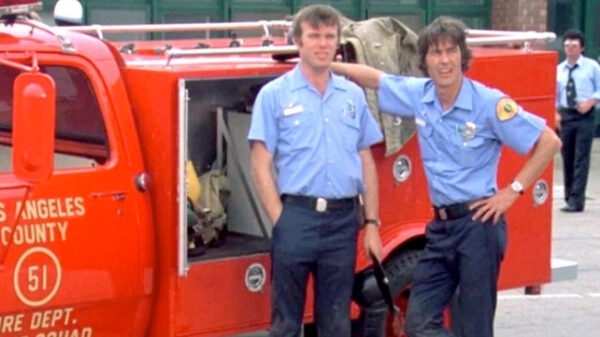
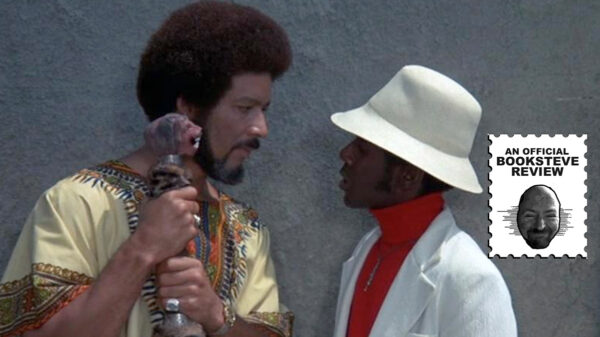
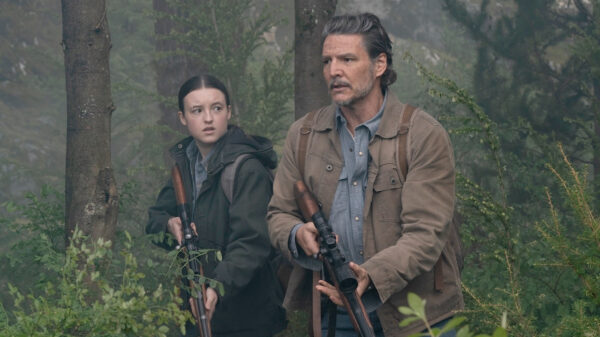




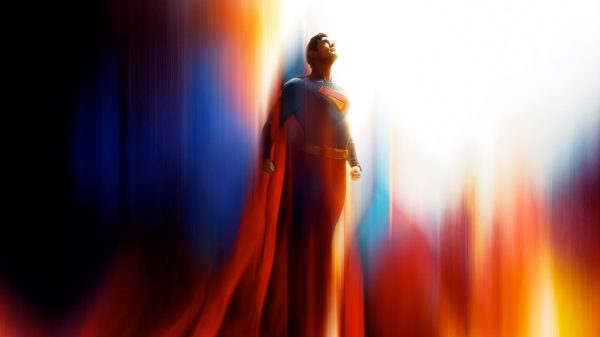
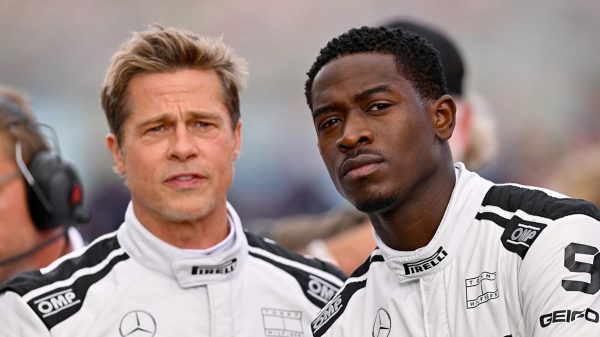





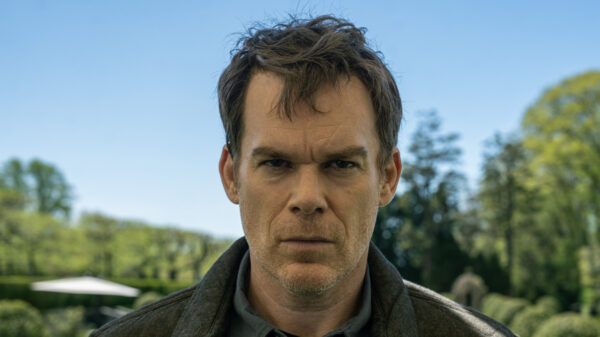
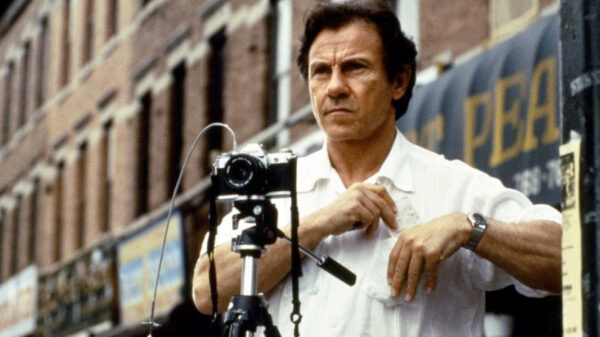
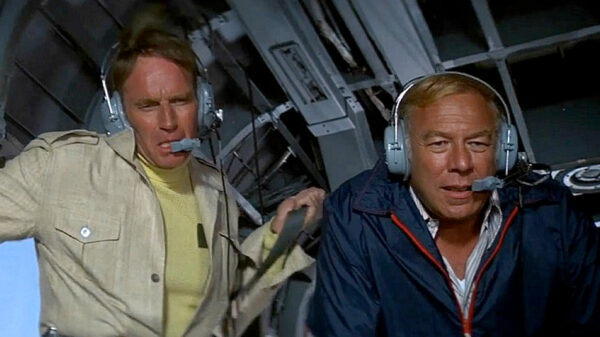




You must be logged in to post a comment Login